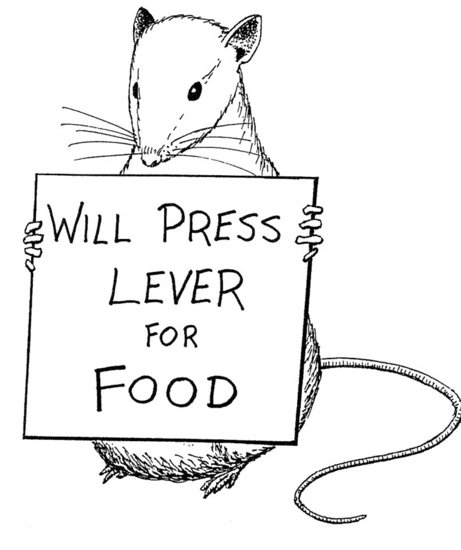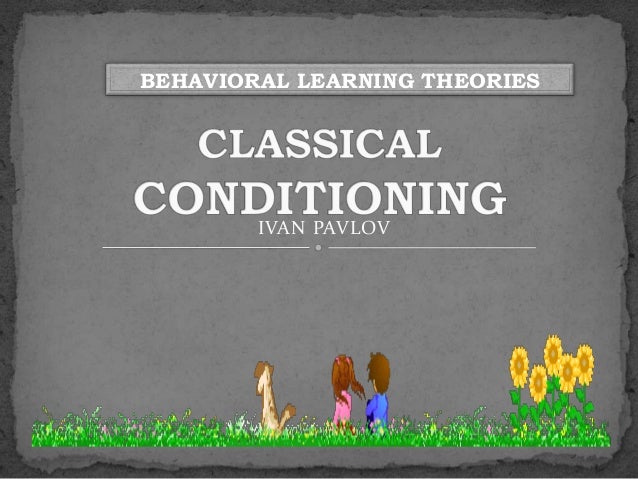Learning Psychology

As this was my group project for my psychology, I have to lot to discuss about "Learning Psychology." If you don't know what "Learning Psychology" is, Learning Psychology may not be what you think. When I first heard the term Learning Psychology, I thought it was just the basic idea of teaching all kinds of psychology, but Learning Psychology actually focuses on the idea of understanding how psychology can affect, as well as be used and manipulated on people. There re three different types of theories that are used to describe this psychological advancement.
 One of my favorites would be Operant Conditioning, as experiment done by Edward Thorndike and BF Skinner. This experiment tested the effects of positive/negative reinforcement, as well as positive/negative punishment. Using an example of each from the PowerPoint, Skinner uses a rat for the experiment, putting the animal in a box with a food lever and a shock floor. The rat was taught positive reinforcement by, when pressing the lever, he received food. The rat was then taught positive punishment though, as now every time the rat pressed the lever, he was shocked. Being taught negative reinforcement, the rat was no longer shocked when he pressed the lever, but his negative punishment was no food came out anymore when he pressed the lever.
One of my favorites would be Operant Conditioning, as experiment done by Edward Thorndike and BF Skinner. This experiment tested the effects of positive/negative reinforcement, as well as positive/negative punishment. Using an example of each from the PowerPoint, Skinner uses a rat for the experiment, putting the animal in a box with a food lever and a shock floor. The rat was taught positive reinforcement by, when pressing the lever, he received food. The rat was then taught positive punishment though, as now every time the rat pressed the lever, he was shocked. Being taught negative reinforcement, the rat was no longer shocked when he pressed the lever, but his negative punishment was no food came out anymore when he pressed the lever. This is just one example of Learning Psychology, as there is also classical conditioning where a person's behavior/emotions are physically changed due to
surrounding factors and association, as well as cognitive-social learning, where you mentally learning a new behavior or action due to insight or observation.
When reading about Learning Psychology, I was fascinated by this idea that we can be trained or forced into different habits of behavior. Force someone, using Classical Conditioning , to be able to make a baby fear animals and certain objects just by associating them with loud and scary
 noises is
noises is fascinating. Also, the idea that our minds are truly influenced and molded by simple experiences like watching someone else's actions is crazy and also very scary. To better help you understand this idea of psychology, I've prepared and listed a few examples.
1. Conforming To Society: Teenagers, Adults, even older people are heavily influenced by the people around them. If we observe a celebrity or even any person we look up to wearing a certain outfit or liking a certain beverage or even their stating beliefs, we aspire to be like them, and sometimes without even knowing, we start to. Humans want to fit in and be loved, so we try or unintentionally follow others. This is an example of Cognitive-Social Behavior.
2. PTSD: Although not always something that is manipulated or anything we can control, classical conditioning is very similar to PTSD. Classical Conditioning manipulates people's behaviors by associating certain objects or places or even people with negativity. When you get in a car accident, it's not uncommon to be fearful of being in a car or hearing the sound of a car honk. Cars are now associated with something traumatic that you feel unstable towards. When a soldier comes home from war and hears the sound of gunshots, he might feel he is in sudden danger, and panic.
Sources: All my information came from the in-class PowerPoint.


Comments
Post a Comment